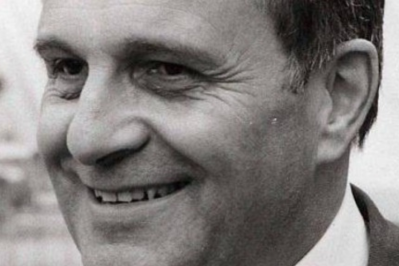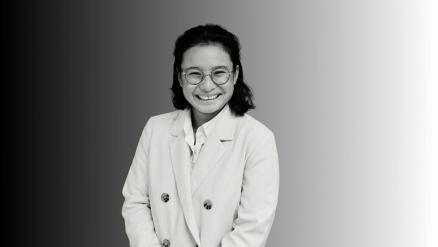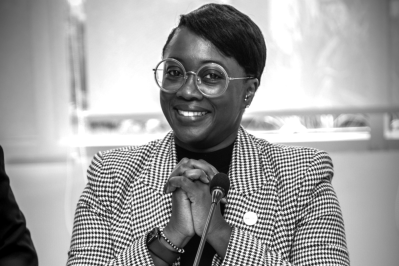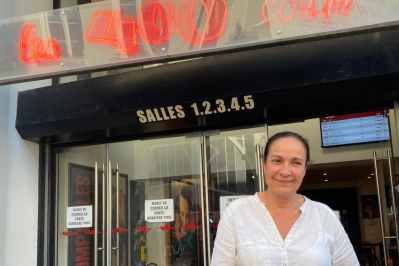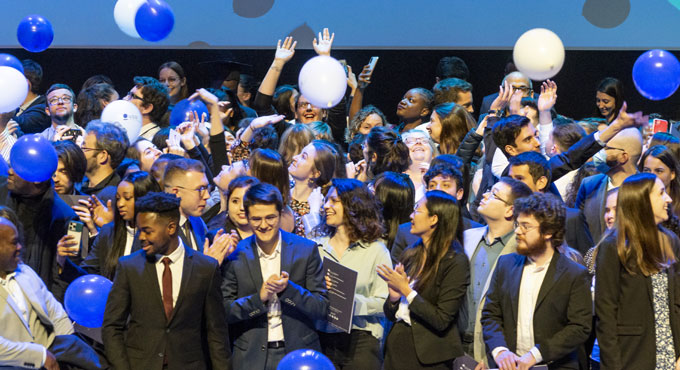News
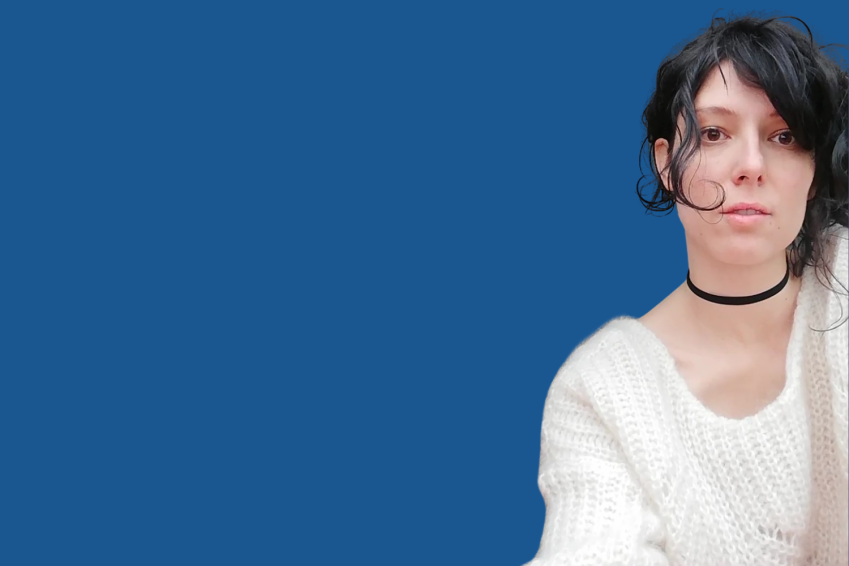
Sandra Doublet, Licence de Lettres (2005), curator and art critic
Art professional, critic and curator, Sandra Doublet, a former student of modern literature, looks back on her career, her link with the UCO and her vision of a profession at the crossroads of creation and transmission.
How do you see your profession today? What drives you in art criticism and curating?
What I appreciate most is the plurality of fields of research and thought that are approached through a singular artistic eye, as well as the rich dialogue with the artists. We can approach so many disciplines: the world of science, fashion, anthropology, each artist takes us on a journey to the heart of a subject. We enter their intimate landscapes over time, discovering their obsessions, the way they transform questioning, convictions or even the harshness of the world into sensitive material, through making, it's so powerful. Artistic production acts on the conscience and the imagination, and as a critic or curator, we enter this factory of creative meaning to better decipher the world.
How would you describe your career path?
I'm an art professional, curator and art critic. I've had a varied career, both as a freelance curator and as a heritage conservation officer, in charge of a public contemporary art collection in an artothèque-médiathèque. At the same time, I teach art history and artistic culture at university, notably at the UCO, where I take great pleasure in instilling an open mind in students.
Why did you choose to study modern literature at the Université catholique de l'Ouest?
When I began my course in modern literature at UCO, I was also doing a degree in art history at the University of Rennes (this degree had not yet been created at UCO). I came to appreciate the undeniable quality of the contributors in the fields of literature and the arts. The course combined high standards, rigorous student supervision and personalized support, which is remarkable in a university setting. In particular, the teachers helped me to decide whether to continue my studies at the Ecole du Louvre, which was a revelation. Integrating literature and learning to write was undoubtedly what led me naturally to art criticism. I'm always inspired by a book to create a curatorial project, like a beacon, a note of intent to nourish the artist's words or the scientific project in the making.
What advice would you give to a student wishing to work in the art world?
It's essential to develop an eye for these professions, and I advise students to scour exhibitions in the regions and in Paris, and to stimulate their curiosity by discovering art fairs, institutional venues and also underground associations, by seeking out art in all fields, theater, literature, dance... Daring to go out and meet artists, curators and writers is also very formative.
 1
1








